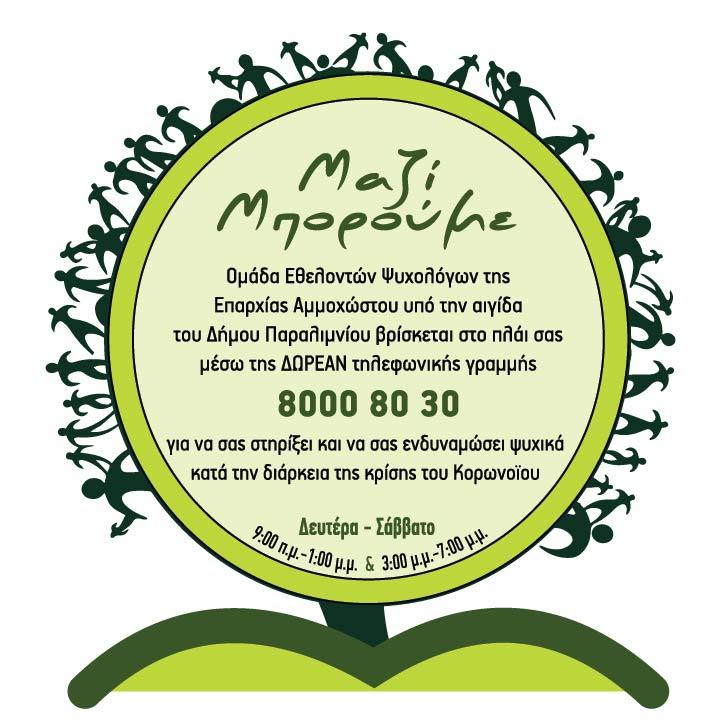The experience of meaninglessness has emerged as a major problem in the lives of hundreds of people, especially in times of crisis, such as pandemics. COVID-19 that we experience. At the same time, this lack of meaning can be accompanied by feelings of loneliness and isolation or lead to various forms of pathology. I could say with certainty, always maintaining a filter of psychological thought, that the inner effort we make to grow and know ourselves is the essence of our existence. The meaning of life is not given and can not be discovered unless one seeks the same for it (Derzen-Smith, 1998).
Victor Frankl, a neurologist and psychiatrist, describes the shocking experience he experienced in the concentration camps during World War II in his book, Searching for the Meaning of Life and Freedom, published in 1946 after his release. In all the uncertainty of the end, the necrosis of emotions and the humiliation of human life, man could choose his inner freedom - the freedom to choose his attitude in any given condition. This freedom gives meaning and purpose to life and no one can take it away, even when great restrictions are imposed on its existence (Frankl, 1979, p. 91). It characteristically explains that if life has meaning then pain also has meaning, which is an integral part of life. If man manages through the most adverse conditions to endure his pain, which is unique to him, he takes advantage of the opportunity given to him for inner fullness and fulfillment.
I have a strong sense that this reasoning is in line with the term mental resilience. Experts define resilience as the process of positively adapting to adversity, cultivated through our interactions with the environment (Bartlett & Vivrette, 2020). The difficult conditions created by the pandemic are a critical test for humanity, but at the same time they can be seen as an opportunity for a better tomorrow. This assumption, as unorthodox as it may seem, can be a source of meaning and mental strength. Despite the lack of control over the future and the duration of the uncertainty, the choice of how to react to each crisis continues to be an inalienable right for every rational being.
Is it time for humanity to renounce the illusion of omnipotence and face the life-forming process? In order to deal with death, personal weaknesses, losses and failures, we must first acknowledge that we are part of a continuous transformation. In this way, we can learn to distinguish between the things we have the ability to change and the things we cannot change (Derzen-Smith, 2007). The limits that are sometimes imposed by the external environment do not prevent us from consciously seeking the authenticity of ourselves.
How much can we bear to (re) recognize the responsibility for the reality of our existence? In an abyss of irrationality and panic, let us hook up "unmistakably" to what the freedom of existence demands. This freedom still exists and protects human dignity even in conditions of disrepute and complete deprivation. Barefoot from hesitation, with more skill and exceptional adaptability, we have made an unprecedented journey that, I dare say, has placed us one step closer to individual responsibility.
The ability to face life's challenges with flexibility and perseverance enables us to adopt a prudent and rational attitude towards reality. The search for truth and honest communication with ourselves gives us the choice to vigorously claim our true freedom. After all, in the struggle called "life", we need to go through a lifelong path to the liberation of our soul!
Eleni Nikolaou, Registered Educational / School Psychologist (B.A., MA, University of Cyprus) No. register: 532. Member of the group of volunteer psychologists of the province of Famagusta and volunteer in the line of psychological support "Together we can"

Bibliographical references
- Bartlett, JD & Vivrette, R. (2020). Ways to Promote Children's Resilience to the COVID-19 Pandemic. Retrieved from https://www.childtrends.org/wpcontent/uploads/2020/04/COVIDProtectiveFactors_ChildTrends_April2020.pdf
- Derzen-Smith, E. van (2007). Existential Therapy. In W. Dryden (Ed.). Dryden's Handbook of
Individual Therapy (5th ed., Pp. 195-216). London: Sage Publications. - Derzen-Smith, E. van (1998). Existentialism and Existential Psychotherapy [pdf file]. Retrieved
from
http://existentialanalysis.org.uk/assets/articles/Existentialism_and_Existential_Psychothera
py_Emmy_van_Deurzen.pdf - Frankl, VE (1946/1979). Seeking the meaning of life and freedom: in a concentration camp. Nicosia: Tamassos.
